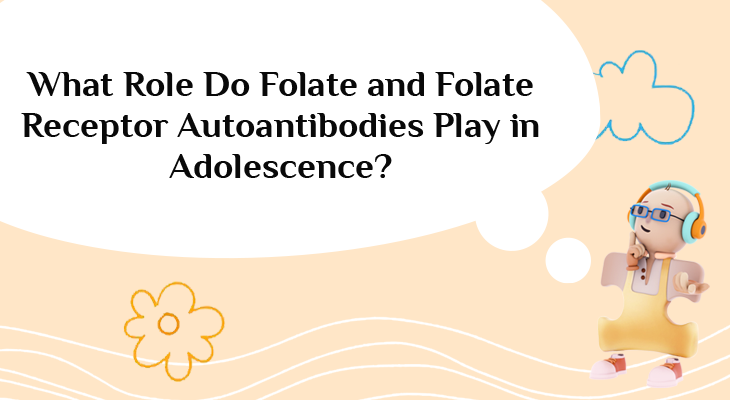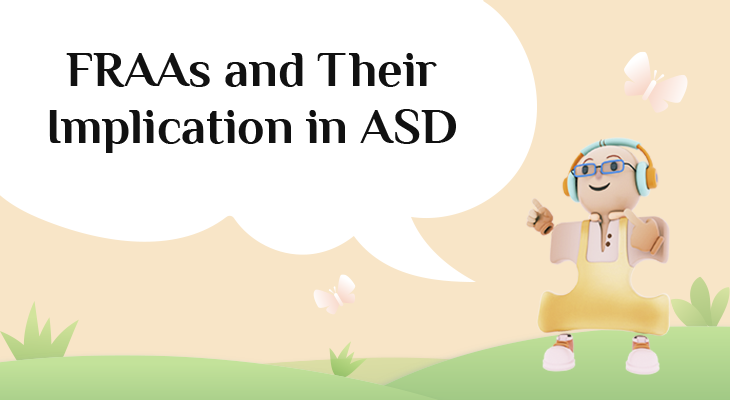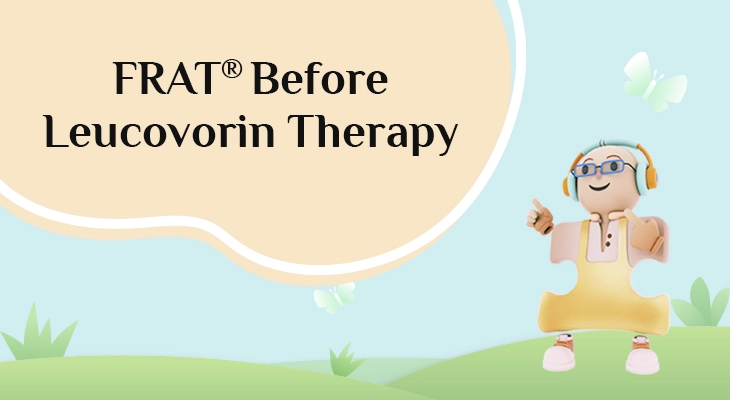
Folate and Adolescence
Adolescence is a period of significant biological changes. During the teenage years, the body undergoes rapid growth and development, including physical changes such as puberty. Hormonal fluctuations can lead to mood swings and emotional ups and downs. The brain also undergoes substantial development during adolescence, particularly in areas related to impulse control, decision-making, and emotional regulation.
These biological changes can contribute to the challenges teens face, both internally and in their interactions with the world around them. Additionally, the transition from childhood to adulthood involves navigating new responsibilities, expectations, and social dynamics, which can further compound the biological challenges of the teenage years.
With this in mind, nutrition becomes an important factor in the teenage years. One particular vitamin that is essential during this growth period may get overlooked. That vitamin is folate, otherwise known as Vitamin B9.
Importance of Folate for Teens
Folate is essential for cell growth and development in teens, as it helps in DNA synthesis, production of red blood cells, and overall energy levels. Moreover, it plays a crucial role in supporting teenagers’ health by helping to prevent certain diseases, such as heart disease and some cancers, and by protecting against serious birth defects in infants during pregnancy. Adolescent girls, in particular, have special folate needs as their bodies undergo changes to prepare them for motherhood. Whether through a balanced diet or multivitamin supplements, meeting the recommended folate consumption of 400 μg/day is vital for teenagers.
Folate also plays a crucial role in brain development in teenagers, contributing to mental and emotional health. This vitamin is important for the formation of neurotransmitters, which are critical for brain function and development. Additionally, higher dietary intake of folate has been linked to reduced incidence of depression in both adolescent boys and girls, emphasizing its significance in mental well-being during teenage years.
Proper folate intake is also positively associated with academic achievement in teenagers, as reflected in school grades in Swedish adolescents [1]. However, it’s crucial to note that excessive folate supplementation during adolescence might lead to motivational and spatial memory deficits due to suppressed thyroid hormone levels. Thus, while folate is of paramount importance for brain development, maintaining an optimal balance is key to reaping its benefits without adverse effects.
Recommended Folate Consumption for Teens
Based on United States daily recommended allowances, the recommended folate consumption for teens is 400 μg/day.
Potential Health Effects of Inadequate Folate Consumption
Inadequate folate consumption among teens may lead to adverse health effects such as anemia, fatigue, difficulty concentrating, irritability, and an increased risk of neural tube defects in infants during pregnancy. Ensuring that teenagers receive the recommended daily folate intake of 400 μg/day is crucial to support their overall health and well-being.
Symptoms of Folate Deficiency in Teens
Folate deficiency in teens can lead to various symptoms that may indicate a lack of this essential nutrient in their diet. Some specific symptoms to watch out for include:
- Fatigue and Weakness: Teens may experience persistent fatigue and weakness, even with sufficient rest and a balanced diet.
- Mood Changes: Folate deficiency can lead to irritability, depression, and a general sense of apathy or indifference.
- Pale Skin and Mouth Sores: Anemia resulting from folate deficiency may lead to pale skin and canker sores inside the mouth.
- Gastrointestinal Issues: Symptoms such as diarrhea, loss of appetite, and weight loss can indicate a potential folate deficiency.
- Neurological Symptoms: In severe cases, teens may experience neurological symptoms such as numbness and tingling in the extremities or cognitive impairments. It is important to consult a healthcare professional if any of these symptoms are observed in teenagers, as they may require further evaluation and appropriate intervention.
Cerebral Folate Deficiency in Teenagers
In most cases, folate deficiency is uncommon. There seems to be an abundance of folate available through diet and supplements. Teenagers, in general, should be getting enough folate through their diet.
There are instances, however, where this folate may not be properly transported into the brain. Recently, a set of autoantibodies (blocking/binding folate receptor autoantibodies) was identified, indicating that folate is not being transported into the brain and choroid plexus efficiently. In these cases, several cognitive and neurological symptoms may occur. Interestingly, a number of teenagers who have been diagnosed with autism spectrum disorder or depression have tested positive for these autoantibodies. It is suspected that in these particular cases, folate receptor autoantibodies affect the function of folate receptor alpha, which is one of the main transport mechanisms for folate into the brain. When folate receptor autoantibodies attack this receptor, they render it dysfunctional, thereby preventing folate from entering the brain. This may potentially create a condition known as cerebral folate deficiency and consequently impair proper neurological or neurocognitive function in the brain. Folate receptor autoantibodies may be detected with the use of a test known as FRAT®. This blood test will detect both blocking and binding autoantibodies.
Interestingly, in these cases with the presence of folate receptor autoantibodies, blood folate levels may be adequate, indicating that there is no real lack of folate in circulation in the body. However, folate receptor autoantibodies prevent folate from getting into the brain, and the cerebral spinal fluid thereby creating a folate deficiency in the brain and cerebrospinal fluid. This is important. Folate is not getting into the brain.
As mentioned, these autoantibodies may be detected with FRAT®. Once detected, physicians have found a specific treatment for this condition. Using another reduced folate known as folinic acid the symptoms of ASD/depression have remarkably improved.
If you suspect any neurological or neuropsychiatric symptoms in your teenager, it may be a good time to speak to your physician about folate, folate receptor autoantibodies and FRAT®.



